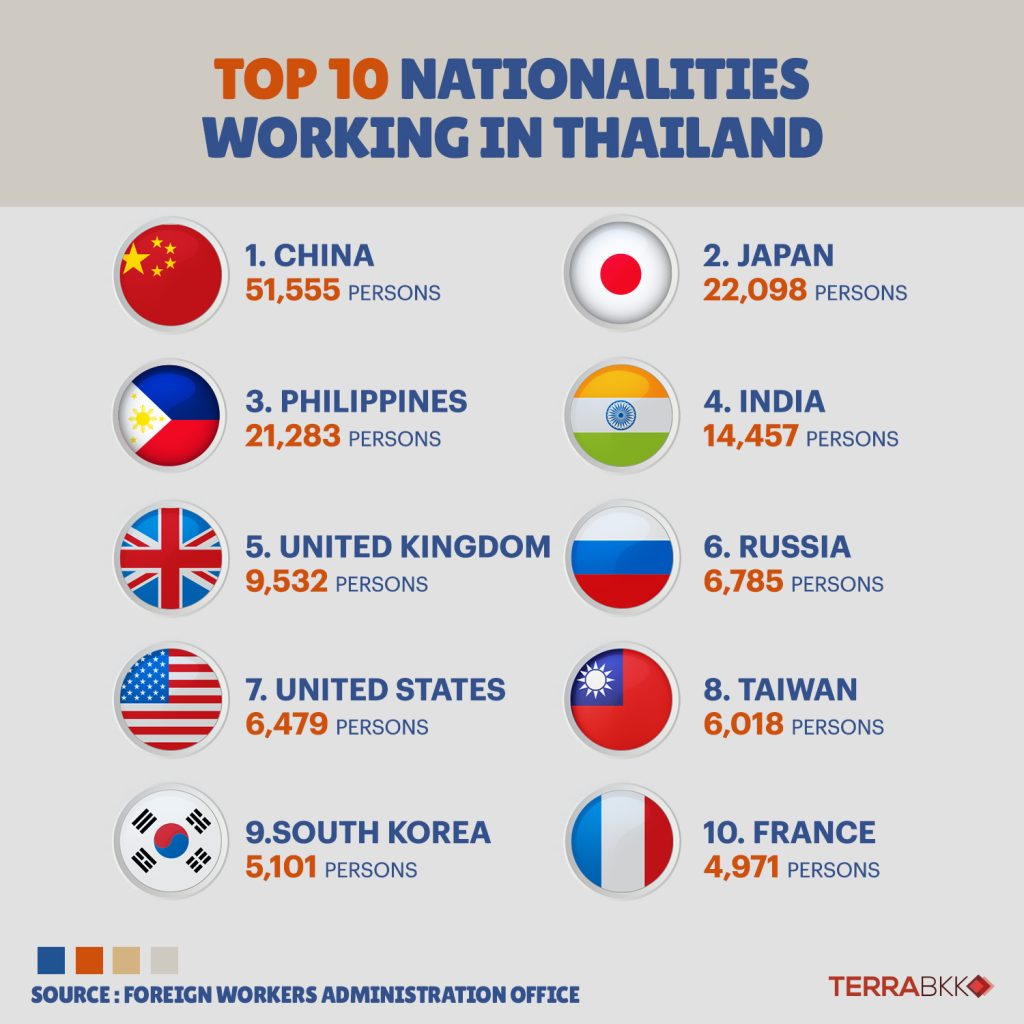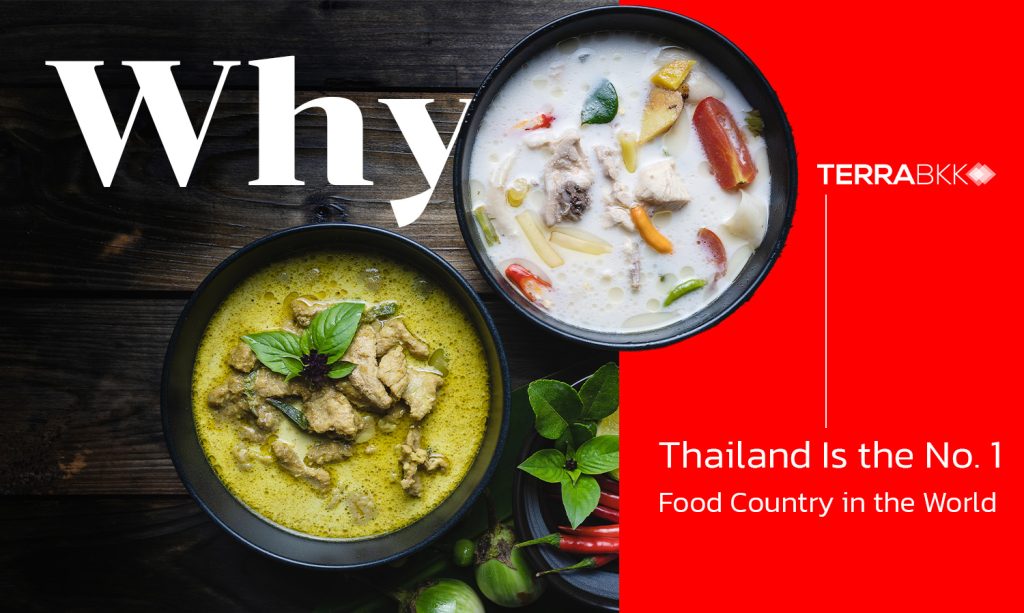NEWS & EVENTS

Foreign workers play a vital role in driving Thailand’s economy, supporting key sectors such as industrial, trade, services, and agriculture. Beside contributing to the domestic labor market, these foreign workers help strengthen international economic connections. The presence of foreign workers in regions around Thailand reflects the demand for labor across different occupations, which highlights the current direction of Thailand’s economic development.
Top 10 Provinces with the Most Foreign Workers
1. Bangkok – 563,315 (25%) As Thailand’s major economic hub, Bangkok attracts the largest share of foreign workers. Mostly in hospitality, construction, and international business.
2. Chonburi – 197,333 (9%) A major province for industrial and tourism, mainly within the Eastern Economic Corridor (EEC).
3. Samut Prakan – 145,328 (7%) Its proximity to Bangkok and Suvarnabhumi Airport makes it a hub for manufacturing and logistics workers.
4. Pathum Thani – 134,121 (6%) Home to several industrial estates, drawing large numbers of foreign workers.
5. Samut Sakhon – 110,632 (5%) A center for fishing, seafood industry, and manufacturing industries.

6. Chiang Mai – 89,984 (4%) Northern Thailand’s economic hub, with demand in tourism, services, and agriculture.
7. Nonthaburi – 85,170 (4%) The province is driven by rapid urban growth and service-sector demand, especially in construction and hospitality.
8. Chiang Rai – 63,513 (3%) As a border province, it attracts many cross-border workers in agriculture and cross-border trade.
9. Nakhon Pathom – 56,960 (3%) Known for agriculture and food processing industry, which require a large migrant workforce.
10. Rayong – 53,530 (2%) A key industrial hub in the EEC, particularly in petrochemicals and large-scale manufacturing.
Occupations with the highest work permit approvals
Section 59 – General Work Permit for foreigners legally residing or temporarily staying in Thailand (excluding tourists).
1. Managers/Executives – 72,788
2. Professional Teacher – 36,808
3. Other professionals – 10,916
Section 62 – Investment Promotion for foreigners working under Thailand’s investment promotion laws.
1. Managers/Executives – 28,842
2. Technical Professionals in Scientific Fields – 15,081
3. Professionals in Physics, Mathematics, and Related Fields – 6,608
Section 63/1 – Minorities for stateless persons or those awaiting nationality verification.
1. Labor in Mining, Construction, Manufacturing and Transportation – 69,041
2. Workers in Mining/Construction – 8,305
3. Personal and security service workers – 6,896
Section 64 – Seasonal Migrant Workers for workers from Myanmar, Laos, and Cambodia entering under cross-border agreements.
1. Agriculture and livestock – 19,046
2. General services – 8,339
3. Garment Manufacturing – 3,735

Top 10 Nationalities of Foreign Workers in Thailand
1. China – 51,555 Predominantly engaged in trade, investment, language education, and tourism-related services.
2. Japan – 22,098 Concentrated in multinational firms, especially automotive and technology industries.
3. Philippines – 21,283 Known for strong language and service skills, with many working as English teachers and in private-sector services.
4. India – 14,457 Active in trade, gem businesses, and IT sectors.
5. United Kingdom – 9,532 Commonly employed in teaching, business, tourism, and international schools.

6. Russia – 6,785 Mostly linked to tourism, services, and investment, particularly in Pattaya and Phuket.
7. United States – 6,479 Working mainly in education, startups, digital technology, and service-related businesses.
8. Taiwan – 6,018 Engaged in manufacturing and technology investment, especially electronics and components.
9. South Korea – 5,105 Involved across business, investment, agriculture, and industry, reflecting growing bilateral cooperation.
10. France – 4,971 Found in education, food and beverage, as well as tourism and hospitality services.
Thailand remains a key destination for foreign workers of all skill levels—from low-skilled labor to specialized professionals. They mainly stay in Bangkok and special economic zones, with diversity, a wide range of occupations, and strong ties to various nations. This underscores the importance of effective foreign labor management—balancing economic growth with sustainable labor protection.




